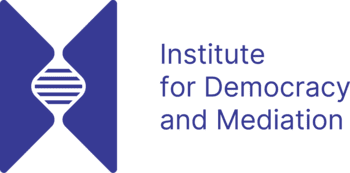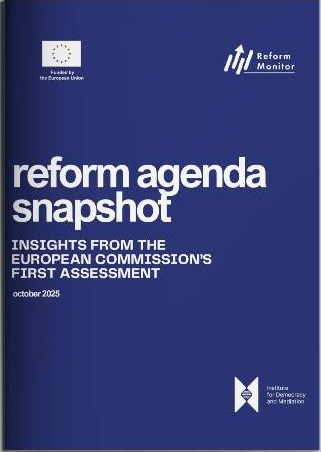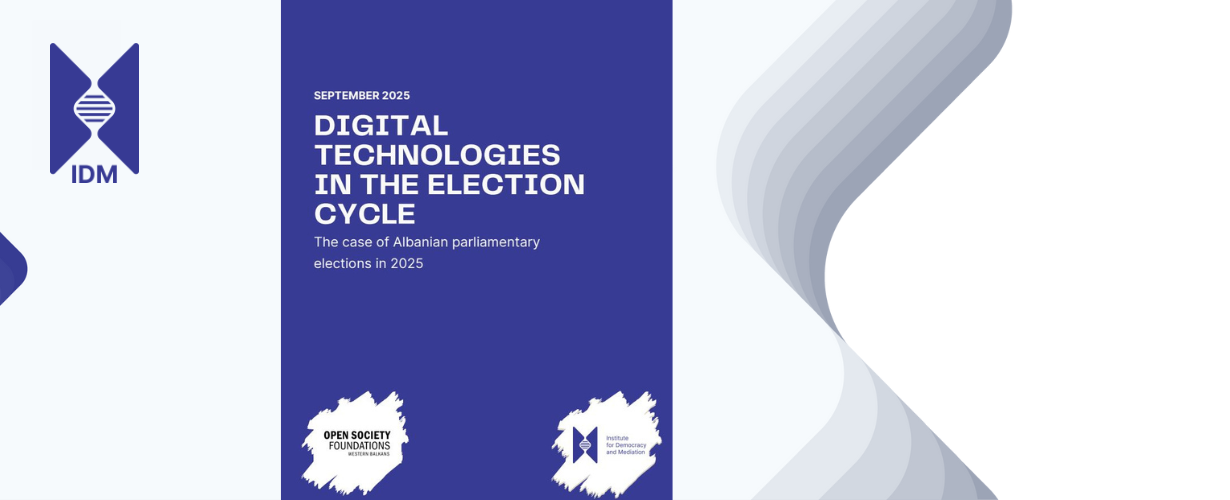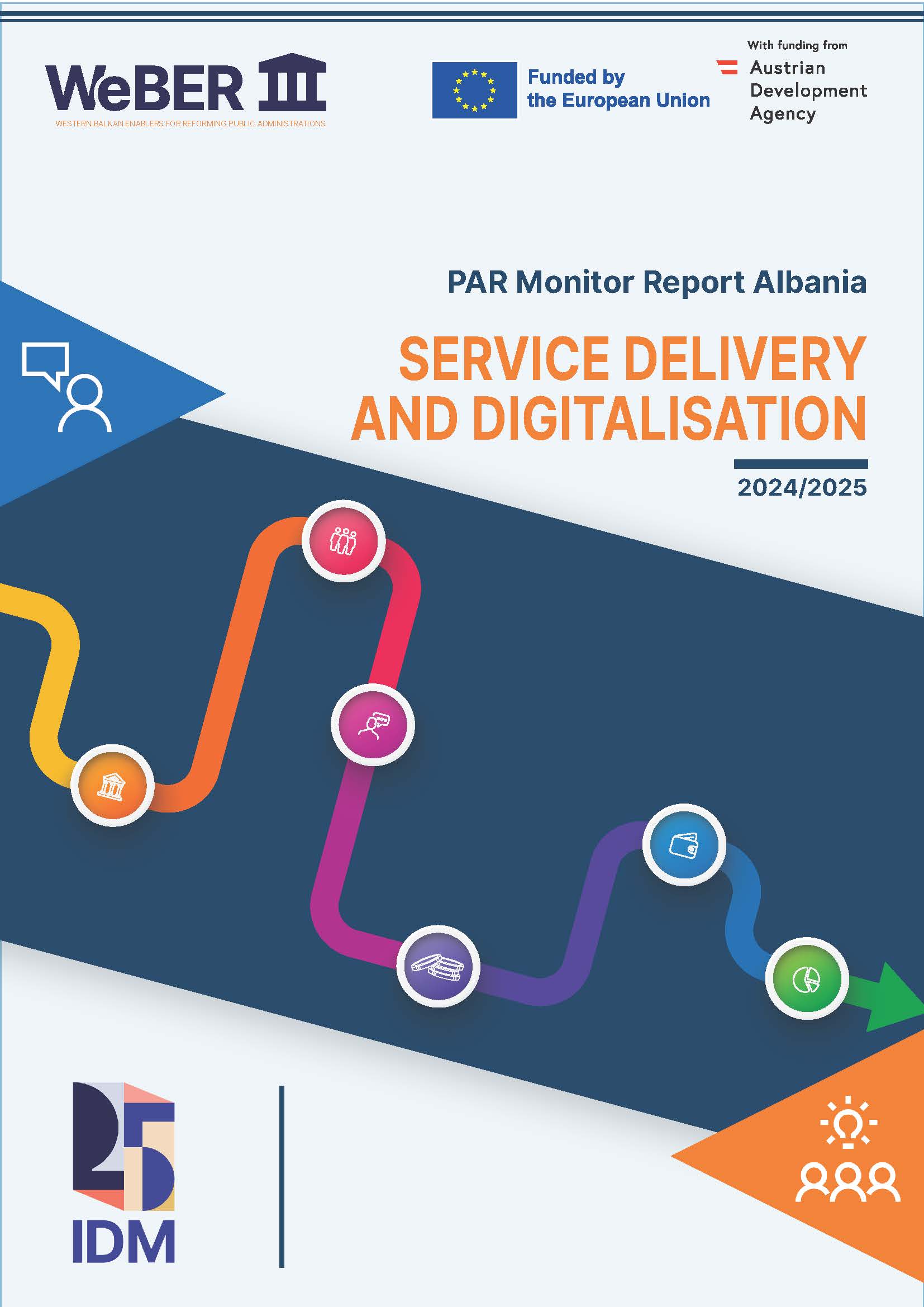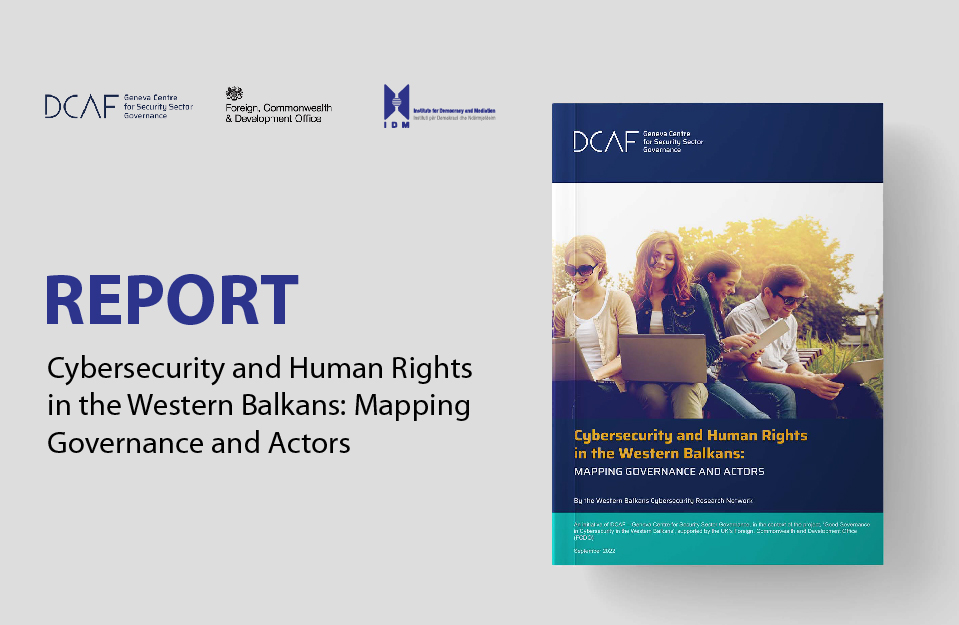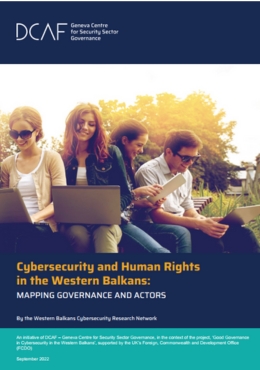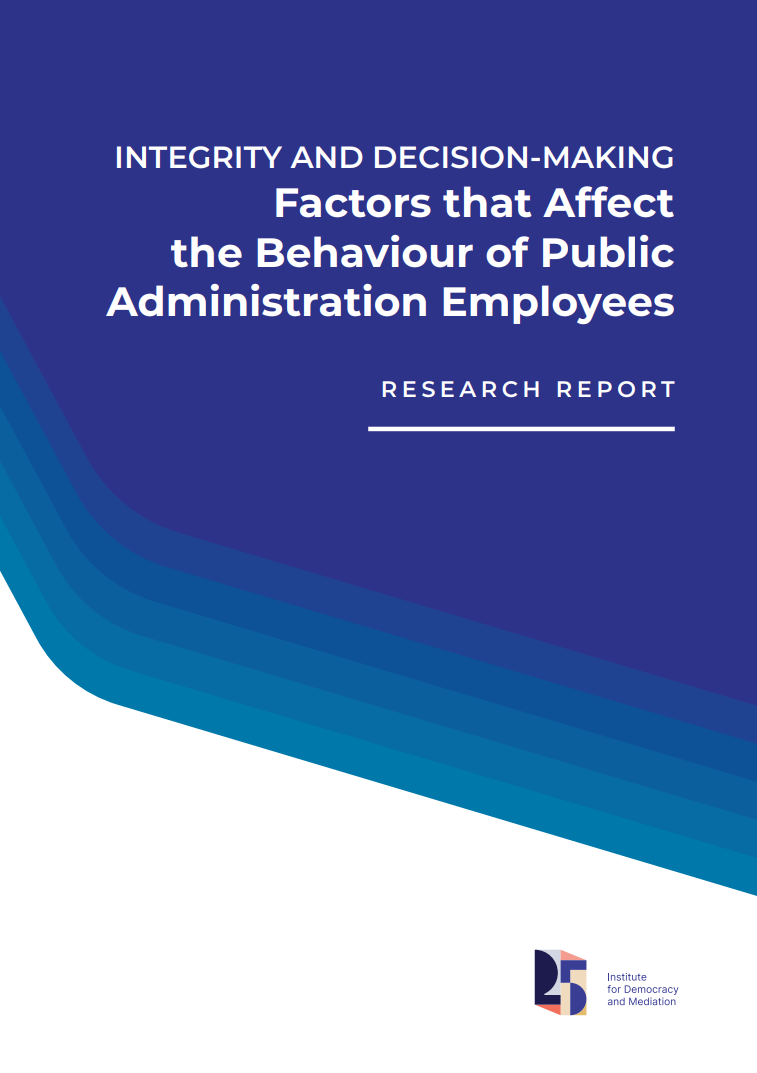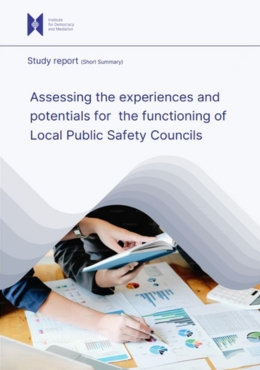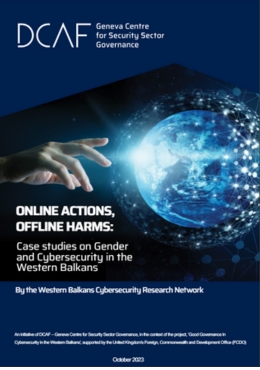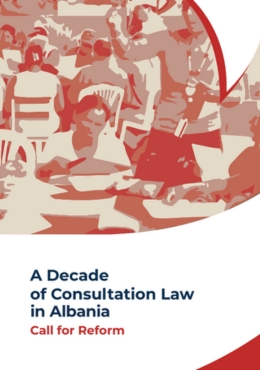The study addresses human rights issues related to cybersecurity, with a focus on the right to privacy, freedom of expression, protection from discrimination and freedom of assembly. This chapter on Albania is part of a wider regional publication which covers the six Western Balkans countries and conducted by the Western Balkans Cybersecurity Research Network. The Institute for Democracy and Mediation (IDM) conducted the study for Albania during December 2021 – May 2022.
This study provides a conceptual overview of cybersecurity and human rights in Albania, mapping legislation, cybersecurity measures, and the relevant political and institutional framework. Further, the compatibility of the latter with international standards, but also the shortcomings in terms of inter-institutional cooperation and technical capacities are analyzed. Four core thematic issues are then examined: cybersecurity and the right to privacy, cybersecurity and freedom of expression, cybersecurity and protection from discrimination, cybersecurity and freedom of peaceful assembly. In relation to the right to privacy, cases of violations caused by public or non-public actors, the ways in which cyber hygiene can contribute to the protection of the right to privacy, and the level of response to these violations are examined. In relation to freedom of expression, cases of online censorship, defamation, threats to journalists and civil society are dealt with, as well as the reaction or involvement of public actors in these violations. In relation to protection from discrimination, the study examines cases when human rights violations in cyberspace target specific or underrepresented groups, as well as the access these groups have to the relevant protection mechanisms. In relation to freedom of assembly, the level of protection enjoyed by this right at the national level, the ways in which the use of different technologies or restrictions affect the activities of activists and the organization of assemblies, as well as the corresponding response to violations, are examined. Finally, concrete recommendations are presented, addressed to public actors (government, Parliament and law enforcement authorities) and non-public actors (civil society, academia, media, international donors).
The Western Balkans Cybersecurity Research Network, to which IDM is a member, has undertaken innovative research in this field with the support of the Geneva Centre for Security Sector Governance (DCAF) and the Foreign, Commonwealth & Development Office (FCDO). Through independent research, advocacy and raising public awareness, the network aims to contribute to the governance of the cybersecurity sector according to the principles of good governance and international human rights standards.
Download: The regional study in English / the country chapter in Albanian.
Disclaimer: The views and conclusions expressed in this study belong to the authors and the Institute for Democracy and Mediation (IDM) and do not necessarily reflect the views of DCAF and FCDO. The copyright on this publication belongs solely to IDM. No part of this publication may be reproduced or transmitted in any form or by any means without the prior written permission of IDM.
